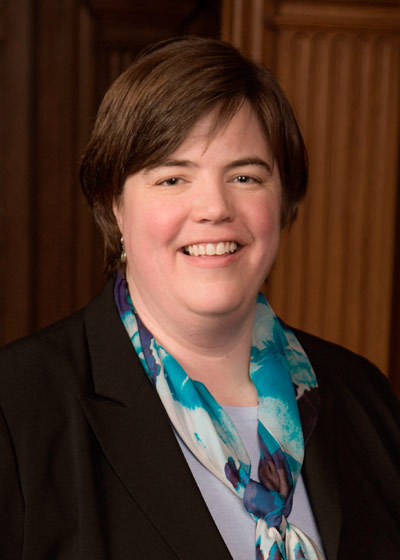Colby-Sawyer President Susan D. Stuebner Elected to NAICU Board of Directors
Colby-Sawyer College President Susan D. Stuebner has been elected to serve on the Board of Directors for the National Association of Independent Colleges and Universities (NAICU).
Founded in 1976, the NAICU represents private, nonprofit colleges and universities across the nation on proposed legislation that would impact student aid, tax policy and government regulation. The NAICU is one of six major presidential higher education associations in the nation and is the only association focused solely on private, nonprofit institutions.
Stuebner will represent the New England region, one of eight national regions designated by the NAICU, and its 84 member institutions.
“I am honored to represent New England and to serve on behalf of the many great institutions in the area,” said Stuebner, whose three-year term begins July 1. “I hope to continue the great advocacy work of working with legislators and colleague presidents on the key issues facing higher education.”
Stuebner, Colby-Sawyer’s president since 2016, was among 14 new board members and five new board officers whose elections were ratified during the NAICU’s 2021 Annual Meeting and Advocacy Day held virtually earlier this month. Board members meet twice annually and are tasked with setting the association’s agenda, garnering support for its priorities and initiatives and overseeing finances.
In addition to the board’s work advocating for private colleges and universities, Stuebner said she’s looking forward to promoting the successes of Colby-Sawyer and ensuring institutions like it are represented in the lawmaking process.
“My service on the board gives me the opportunity to advocate for Colby-Sawyer and other private institutions amid the myriad of issues we face,” said Stuebner, a graduate of Dartmouth College and the Harvard University Graduate School of Education. According to the NAICU, member institutions include major research universities, church-related colleges, historically black colleges, art and design colleges, traditional liberal arts and science institutions, women’s colleges, two-year colleges and schools of law, medicine, engineering, business and other professions.
